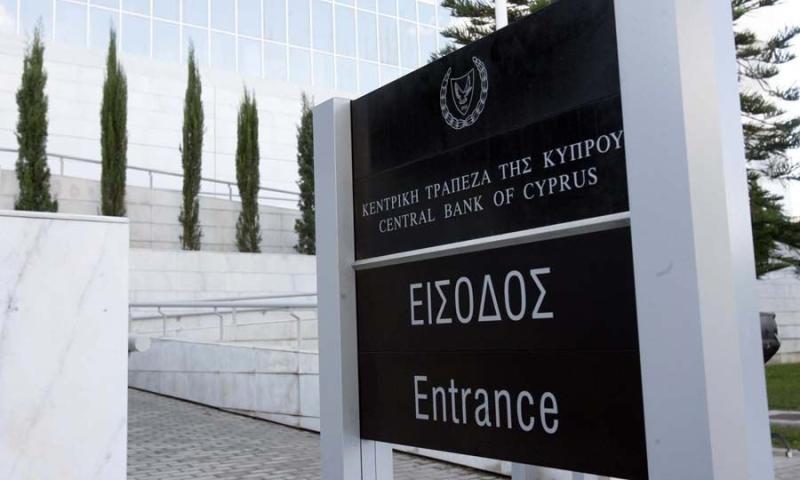25.07.2022
The Central Bank of Cyprus (CBC) lowered its forecasts for GDP growth in 2022 by 0.9 percentage points due to the negative consequences of the war in Ukraine and sanctions against Russia.
At the same time, its manager did not rule out a deterioration in the quality of the bank’s assets in Cyprus due to the geopolitical crisis.
According to the June 2022 edition of the CBC Economic Bulletin, the Cypriot economy is projected to grow by 2.7% in 2022, up from 3.6% forecast in December 2021.
“The biggest impact is expected on net exports, with domestic demand (private consumption and investment) showing resilience driven by expected investment as well as part of the savings accumulated during the pandemic,” it said.
At the same time, CBK slightly lowered its GDP forecasts for 2023 and 2024, by 0.1 percentage points each, due to some negative impacts. In particular, GDP growth is projected at 3.6% in 2023 and 3.7% in 2023, driven by the continued recovery in domestic demand and net exports in 2023.
“The downward revision in 2023-2024 is small due to the expected significant support for economic activity through the disbursement of funds from the EU Recovery and Resilience Fund (RRF),” the CBC Economic Bulletin adds.
CBC Governor Constantinos Herodotou, in his opening statement, points out that “the degree of uncertainty is still high and any current forecast is subject to change.”
However, he adds that “the Cypriot economy could show even greater resilience to the effects of the war compared to forecasts for June 2022 if positive developments in consumer confidence and tourism continue, as the latest relevant indicators show.”
Problem loans
As for the domestic banking sector, the CBK governor notes that the immediate consequences of the war do not seem to be a threat, since the direct impact of the domestic banking sector on Russia and Ukraine is very small, both in terms of deposits and loans.
However, he notes that while the effects of the pandemic on bank loan portfolios were not as strong as originally expected, mainly due to direct measures taken by the Central Bank, the ECB and government fiscal measures, “it is still too early to rule out the possibility of a deterioration in the quality of banks’ assets, especially with taking into account the unfavorable economic situation due to the geopolitical crisis”.
Inflation
In terms of inflation, the Harmonized Consumer Price Index (HICP) is expected to rise to 7% in 2022, up from 2.3% in 2021.
The CBC notes that its updated HICP forecasts show significant upward revisions, especially for 2022 (4.5 percentage points) and to a lesser extent for 2023-2024 (1.6 and 0.4 percentage points, respectively).
“This is mainly due to a significant increase in energy prices, as well as the expansion of inflationary pressure in the categories of food, services and industrial goods, with the exception of energy,” the message adds.
Unemployment
Unemployment is expected to fall to 6.9% in 2022 from 7.5% in 2021, according to the CBC, however the forecast for 2022 is slightly up from the CBC’s forecast in December 2021.
The CBC sees a downward trend in unemployment in the coming years, approaching full employment conditions by 2024 at a rate of 5.7%.
Nominal value per worker
The CBC also sees a relatively modest increase in nominal cost per worker in 2022 at 3.2% compared to 4.7% in 2021 due to the automatic wage indexation (ATA) system and the ongoing implementation of existing collective bargaining agreements (hotels, building).
Stronger growth is expected in 2023 and 2024, to 5.8% and 3.7% respectively, reflecting higher ATA payments due to inflationary pressures, as well as the relatively larger increase expected in collective bargaining agreements.
















